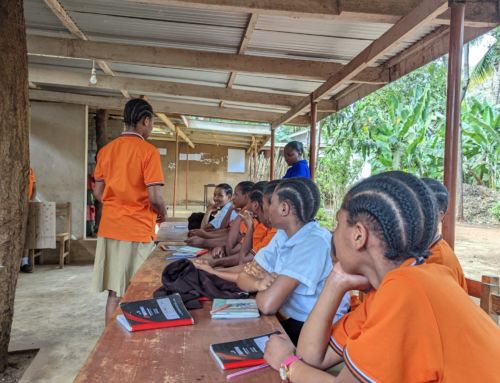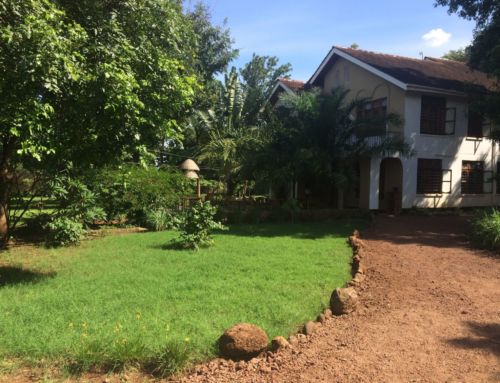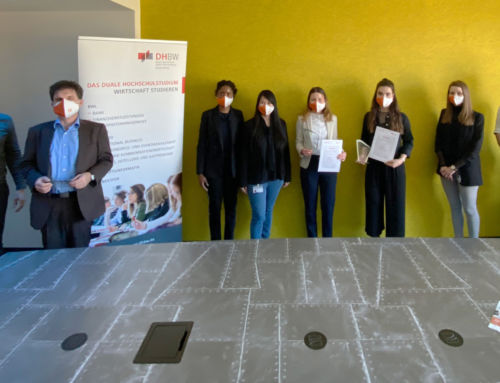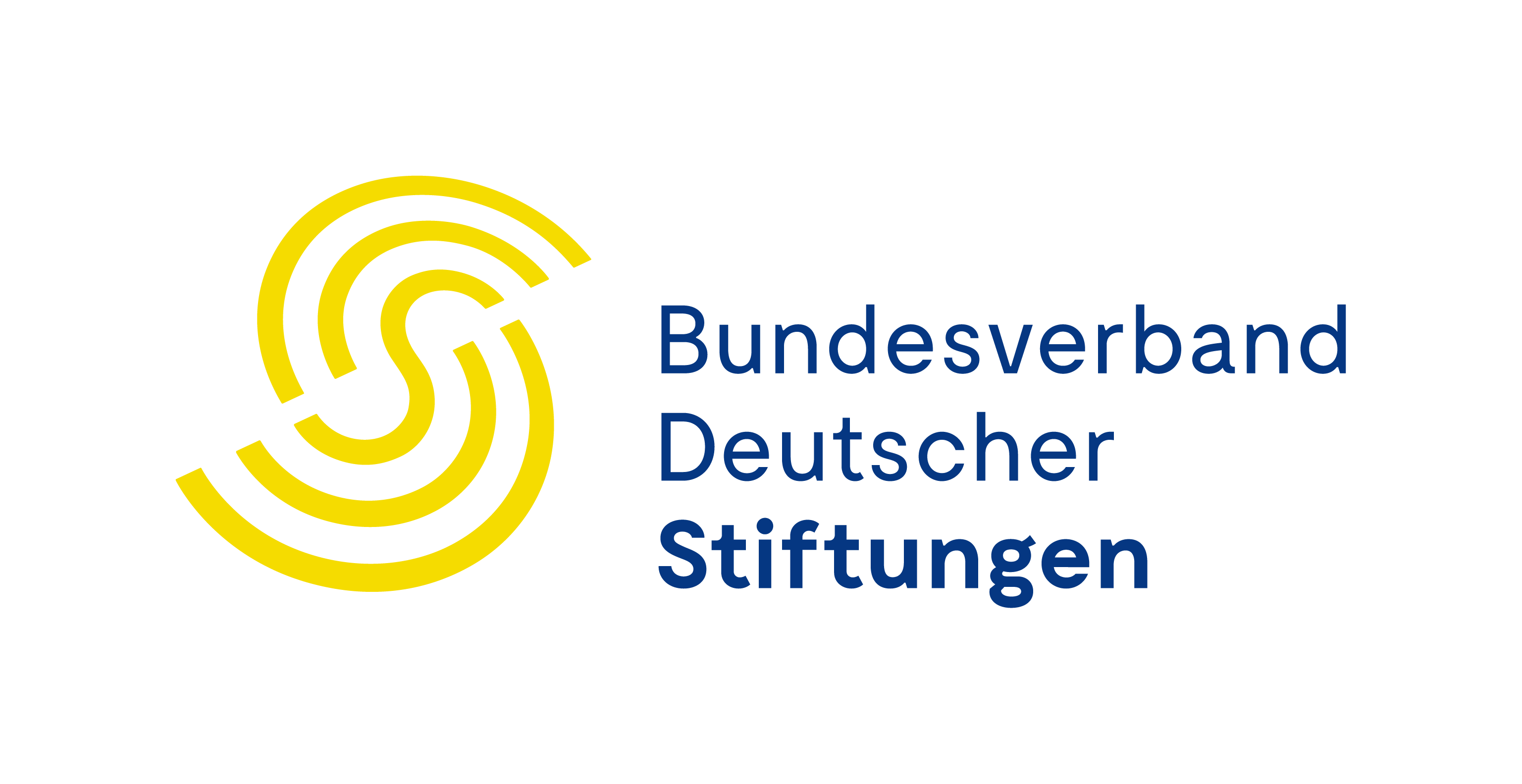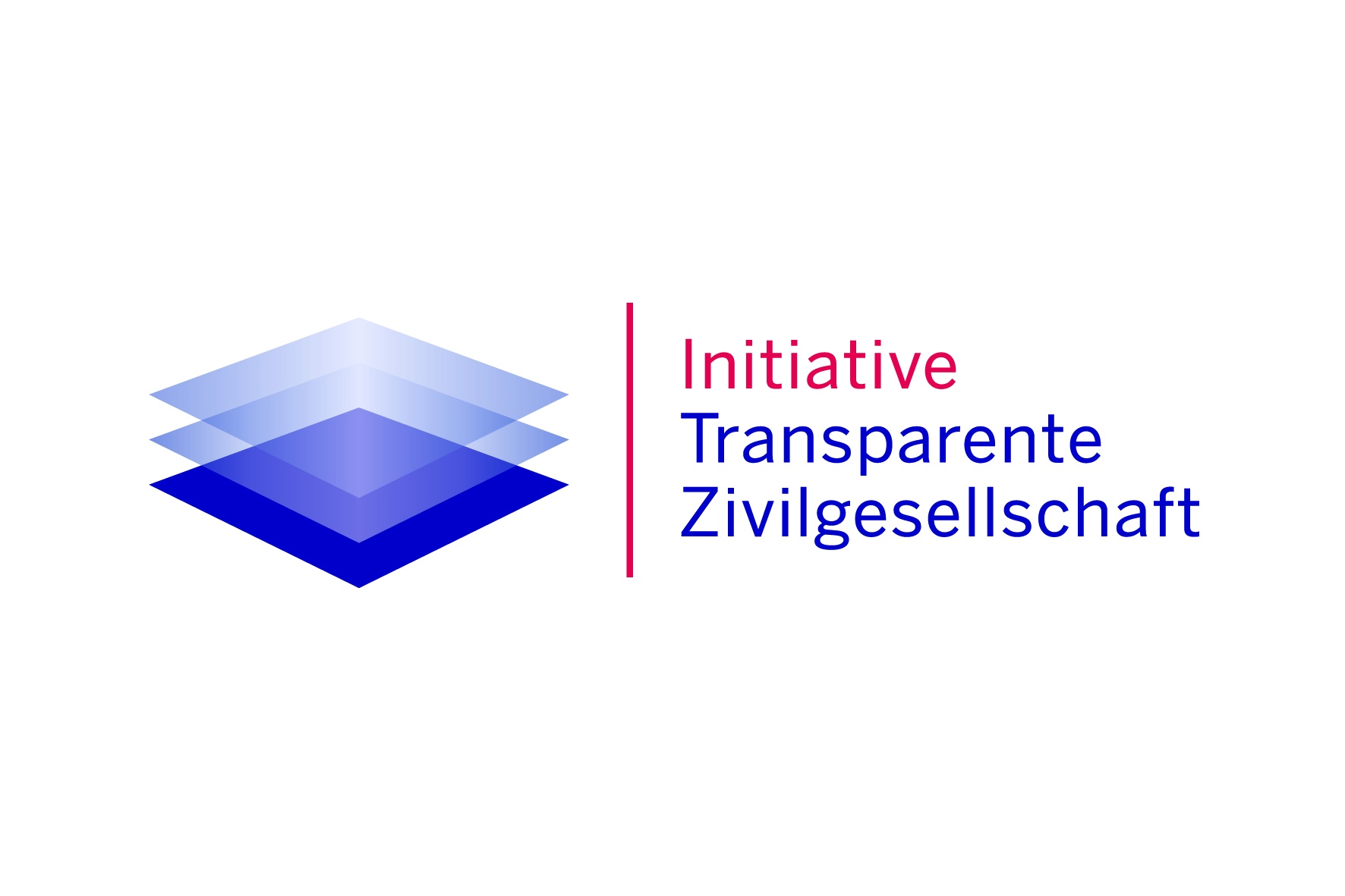We, the FHF, have been interested in how the educational system operates in Mozambique and whether it is regulated by law. We are sure that you, as a donor, will be interested in this topic, so we have prepared a small article that we would like to share with you.
The Mozambican Vocational Training Act was reformed in Mozambique in 2016 and came into force in 2018. Under this law, ANEP (Autoridade Nacional de Educação Profissional) was appointed the National Authority for Vocational Education. With this, ANEP is responsible for certifying graduates of vocational training, approving curricula, and scheduling final exams.
The law affects most vocational schools that focus on training skilled workers in agriculture, electrical, welding, tourism and hospitality, oil and gas. In the coming years, the Ministry of Economy and Technology, Higher Education and Vocational Training (MCTESTP Ministério da Ciencia e Tecnologia, Ensino Superior e Técnico) expects to invest over 62 million euros in the rehabilitation and modernization of institutions and technical schools.
Technical and vocational education is currently divided into two levels: primary and secondary, and is organized by sector (trade, industry and agriculture). The duration of training for each level is 3 years.
The requirement for admission to basic education is completion of the 7th grade. The requirement for secondary education is completion of the 10th grade or completion of three years of basic education.
Vocational education is undergoing a period of change that focuses on the introduction of a modular education system at both the elementary and secondary levels, which will lead to different types of degrees that can be seen in the listing of certificates of completion.
The basic vocational training lasts three years, but because it is taught by modules, a module can be completed after one year or six months and students can leave the vocational training institution with a certificate and be integrated directly into the labor market. The modular training system is well adapted to the living conditions of Mozambicans. Because financial as well as family situations can change very quickly, flexibility in training is a very important aspect After completing a module, trainees can opt out and continue their training in another state if needed. Since the country does not have a functioning social system, it is important that young people are quickly integrated into the formal labor market so that they can support themselves and their families.
Listing of Graduation Certificates
Basic Level: Qualifications (Nivel Basico)
- Certificado Ocupacional 1 (CO1)
- Certificado Ocupacional 2 (CO2)
- Certificado Vocacional 1 (CV1)
- Certificado Vocacional 2 (CV2)
Intermediate level: Qualifications (Nível Médio)
- Certificado Ocupacional 3 (CO3)
- Certificado Ocupacional 4 (CO4)
- Certificado Ocupacional 5 (CO5)
- Certificado Vocational 3 (CV3)
- Certificado Vocacional 4 (CV4)
- Certificado Vocacional 5 (CV5)
Each module qualifies for access to the subsequent level. Professional certificates do not grant access to higher education. The only qualification that gives access to the university is the Certificado Vocational (CV5).
A major challenge is to develop a unified curriculum to bring the quality of education to a national level. To ensure the quality of vocational training centers, all heads of vocational training centers must have an academic degree. In addition, there should be a certificate of competency for school administrators.
Instructors at vocational centers as well as vocational schools must have sufficient qualifications to be approved as instructors.
Goals of the Ministry for the Law of Vocational Training in Mozambique
- Ensuring that young people of school age receive a comprehensive and technical education to prepare them for a career.
- Development of the basic competences of personality in young people, especially by training them to have a correct attitude towards formula work.
- Improve workers’ job skills, job prospects, and job mobility.
- Increasing the productivity and competitiveness of companies.
- Encouraging independence.
- Promote gender equality by increasing the participation rate of girls and women in vocational training programs.
Mission
The mission of Vocational Technical Education is to ensure that citizens have access to highly qualified technical and scientific education that meets the needs of economic and social development.
It is a way to improve the reputation of vocational technical education compared to academic higher education.

